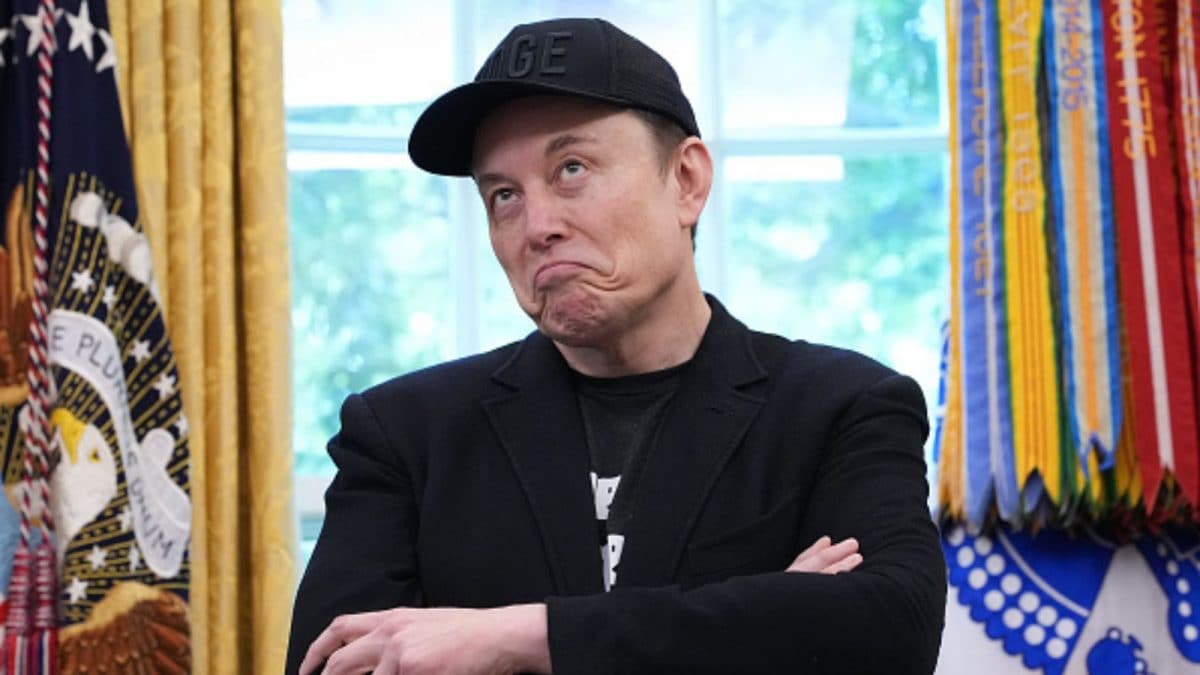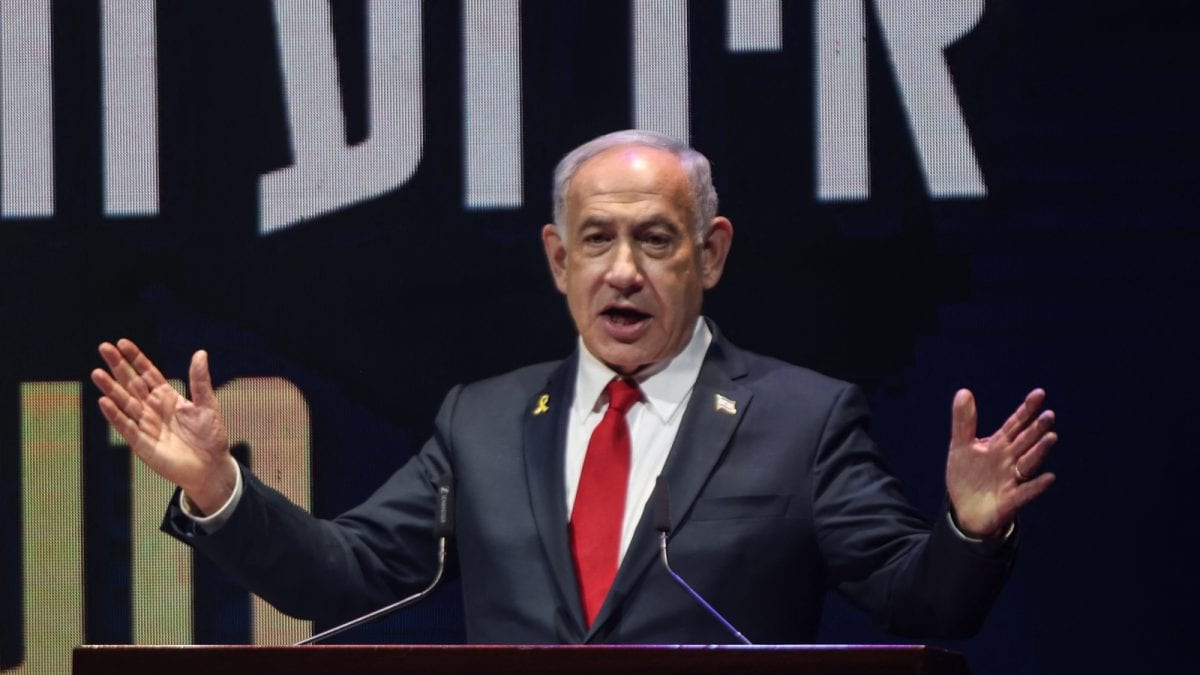NEW DELHI: In a decision that could have a salutary bearing on the Insolvency and Bankruptcy Code (IBC), Supreme Court on Friday reversed its eyebrow-raising May 2 verdict, directing liquidation of bankrupt Bhushan Power and Steel Limited, to put back in place the National Company Law Appellate Tribunal’s Feb 2020 decision to allow Sajjan-Jindal-led JSW Steel revive the failed entity.A bench of Chief Justice B R Gavai and Justices Satish Chandra Sharma and K Vinod Chandran reversed the decision of a two-judge bench led by Justice Bela M Trivedi, since retired, accepting arguments of solicitor general Tushar Mehta, who appeared for the Committee of Creditors, and senior advocate Neeraj Kishan Kaul for JSW, which invested Rs 20,000 crore to revive BPSL and make it a profit-making company.Clock can’t be put back to penalise JSW, says Supreme Court The two-judge Supreme Court bench had rejected the Committee of Creditors-approved resolution plan of JSW, which was concurrently found to be sound by both National Company Law Tribunal (NCLT) and NCLAT. Using exclusive powers under Article 142 of the Constitution, SC had directed NCLT to initiate liquidation proceedings of BPSL while deciding an appeal by one of the promoters of BPSL challenging the resolution plan.Writing the 136-page judgment on operation of various IBC provisions, CJI Gavai said, “The legislature purposefully did not include a means to challenge the commercial wisdom exercised by the CoC. This makes a challenge to the same non-justiciable… Any interference in the paramount objective of the CoC of exercising its commercial wisdom would amount to the court rewriting the law and going against the very objectives of the IBC.” Referring to takeover of BPSL by JSW, the CJI-led bench said that since the IBC’s objective of ensuring corporate debtor continues as a going concern has been achieved and loss-making BPSL has been transformed to a profit-making entity, the clock cannot be put back to penalise JSW by ordering BPSL’s liquidation. “This will defeat the very purpose of IBC to confer sanctity to the finality of duly approved resolution plan,” SC said.The court rejected the COC’s late-in-the-day argument for distribution of earnings before interest, taxes, depreciation and amortisation (EBITDA) amongst creditors. SC said since the request for resolution plan (RfRP) issued by the resolution professional for the corporate insolvency resolution process did not provide for distribution of EBITDA among creditors, the COC cannot demand it now.SC said sans a specific provision in RfRP regarding distribution of EBITDA, it is impermissible for CoC to raise such a plea five years after approval of the resolution plan. “A successful resolution applicant (JSW in this case) cannot be faced with undecided claims after its resolution plan has been accepted. That would amount to ‘hydra heads popping up’ which would throw into uncertainty the amounts payable by a prospective resolution applicant who would take over the business of the corporate debtor,” it said. RBI, in 2017, had issued a circular identifying 12 large-scale corporate defaulters, with outstanding debts valued at Rs 5,000 crore and above, infamously known as the “dirty dozen”,which included BPSL.




